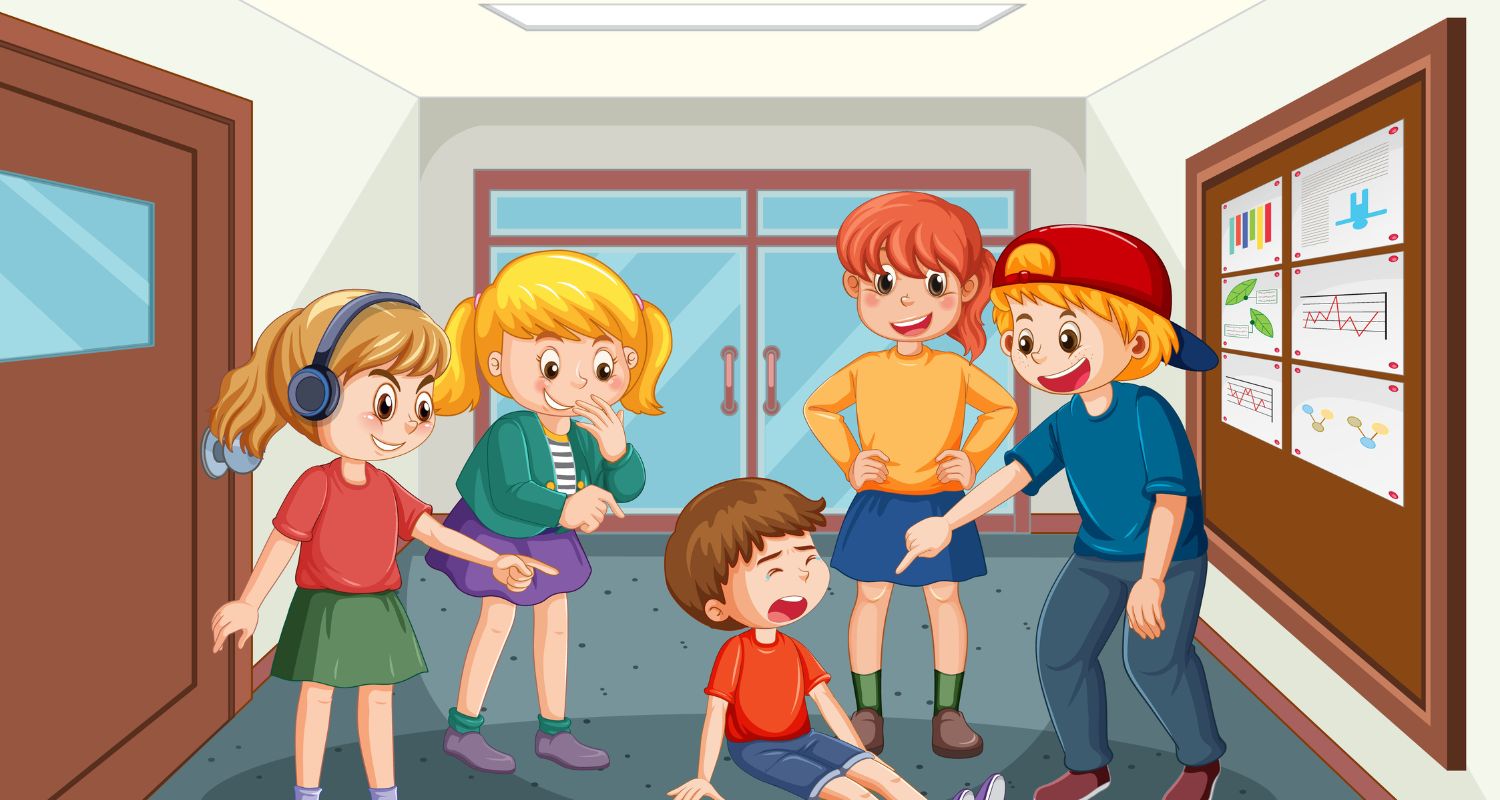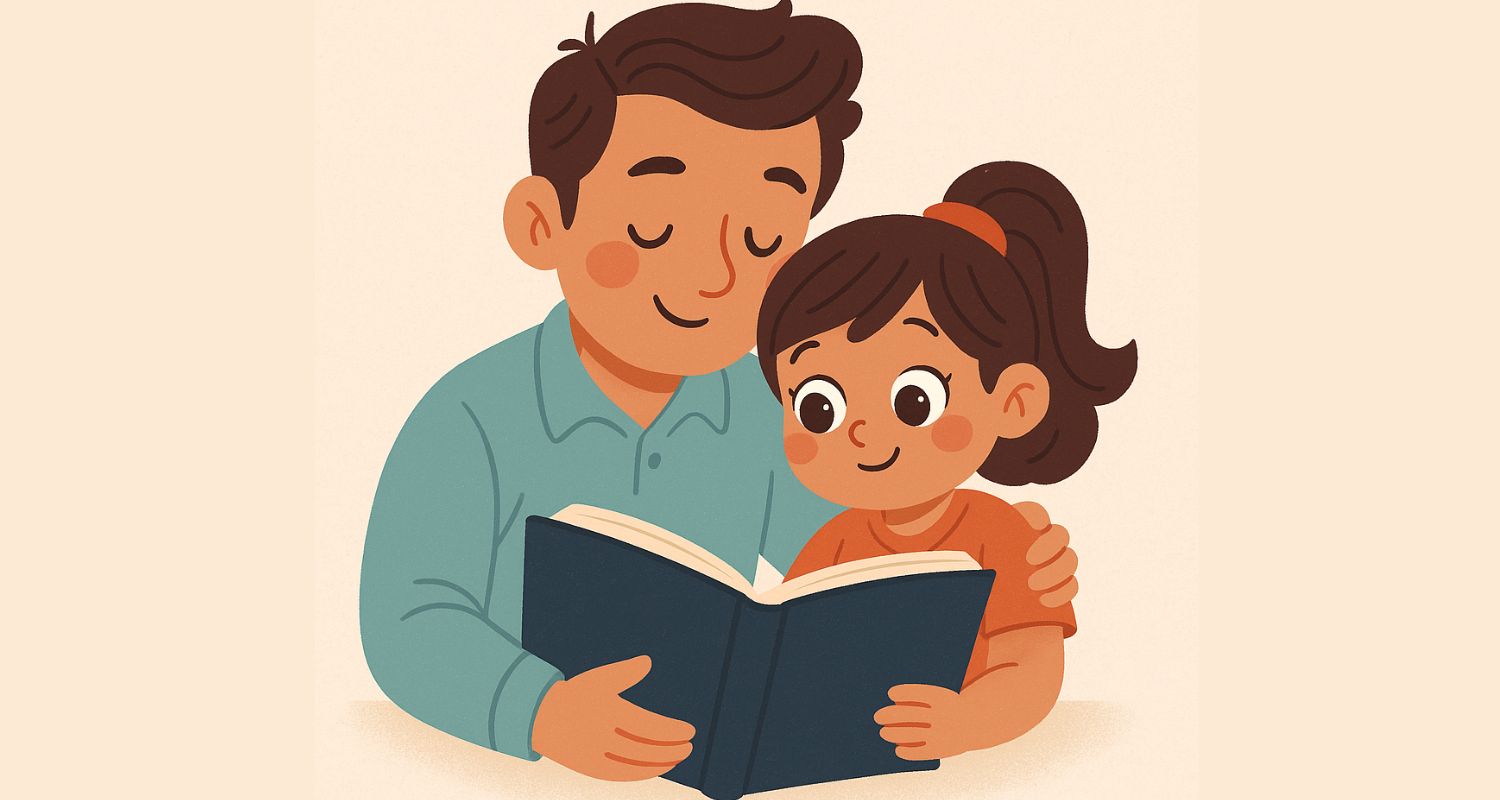In today’s digital world, our kids have access to more content than ever before—some of it amazing, some of it innocent, and a whole lot of it... not meant for their little minds. As parents, we're juggling so much—deadlines, work calls, keeping the house running, just trying to get through the day without collapsing. In the middle of all this chaos, our children are growing up, quietly absorbing the world around them—often through screens.
Let’s be honest—life is exhausting. After a long day, when your child runs up asking for attention, you want to be present. But you’re drained. So you hand over the iPad or turn on the TV so you can finally sit down, maybe scroll your phone, just breathe for a second. And it’s okay. We’re all doing our best.
But what we often don’t realize is how fast they’re growing up—sometimes too fast. We assume cartoons and music are safe. We don’t sit with them to check what they’re actually watching or listening to. I remember sitting next to my daughter during her online classes and overhearing 8-year-olds talking about watching the movie Animal—how the hero kills the villain. These were third graders.
At that age, they don’t fully understand what they’re seeing, but it plants a seed. It starts shaping how they talk, walk, even how they treat their friends. And the scary part? We don’t always see the changes right away. It shows up later—when they’re preteens or teenagers—suddenly using harsh language, or acting out because they think it’s cool.

Why It Matters
We’ve all seen things online that have stayed with us. Some of it disturbing. Now imagine how it feels for a child who doesn’t yet have the emotional tools to process what they’re seeing. Violent videos, explicit music videos, memes that make light of serious issues—our kids are soaking all this in.
Even seemingly harmless content can have a big impact. It can make them scared of the world, anxious, confused, or numb to things that should matter. It might give them a distorted view of relationships or body image. They may not come out and say it—but it’s affecting them.
Gentle Truths About Exposure (Without the Panic)
Let’s soften this for a second. We’re not here to scare you, but to help you feel more prepared. Exposure to inappropriate content can influence kids in ways that aren't always obvious, but that doesn’t mean it’s the end of the world. Here's what might happen and it’s okay, you’re not alone if any of this rings true:
• They may start asking questions they’re not emotionally ready to understand.
• They might copy behavior they see without knowing why.
• They could become less sensitive to harmful behavior, thinking it’s “normal” or “funny.”
• Their view of relationships might start forming based on unrealistic or toxic media portrayals.
• They might imitate things they don’t fully understand, which could hurt themselves or others.
But here’s the hopeful part—kids are incredibly resilient. With the right support, they can bounce back stronger, more aware, and better prepared.
What To Do If It Happens
Because let’s face it—at some point, it probably will. Whether by accident or out of curiosity, your child may stumble upon something they shouldn’t. Here’s how to handle it with love:
• Stay calm. Freaking out will only shut the door. Your calmness opens it.
• Be curious, not judgmental. Ask questions. “What did you see?” “How did it make you feel?”
• Validate their emotions. They might feel embarrassed or scared. Let them know that’s okay.
• Talk about it together. Help them process it. Explain things in an age-appropriate way.
• Focus on safety. Instead of punishment, focus on how they can make better choices next time.
• Keep the connection going. Don’t just have one “big talk” and move on. Check in regularly.
• Adjust as needed. Review screen time, use filters, but also stay engaged in what they watch or play.

Be Their Safe Space
We can’t monitor everything. And we don’t need to. What our kids really need is us—our presence, our attention, our willingness to have hard conversations without judgment.
It’s not about perfection. It’s about connection.
The world is noisy, fast, and often overwhelming. But your home can be their safe space. Your voice can be the one they hear when they feel confused. Your love can be the anchor that keeps them grounded when the online world gets too loud.
And in the end, that’s what matters most.



